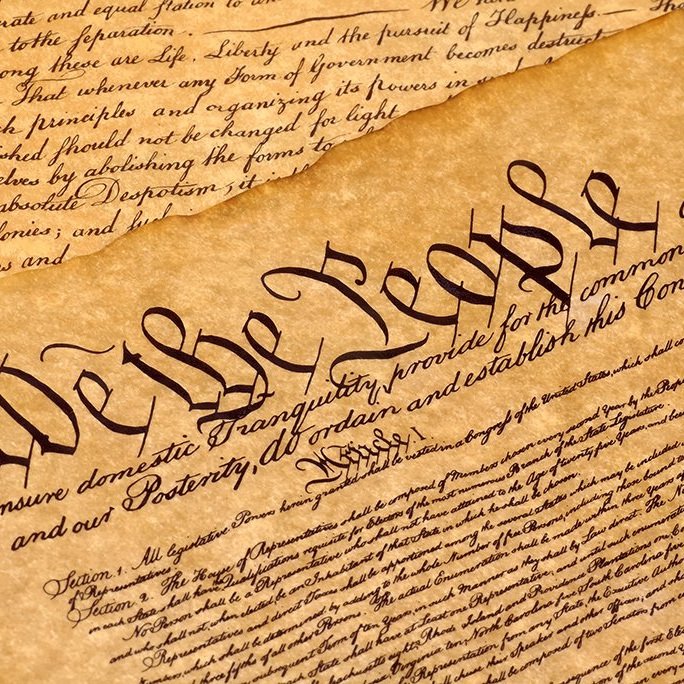
The Sixth Amendment of the United States Constitution guarantees free legal assistance to those who are charged with a crime that might lead to imprisonment and cannot afford a lawyer.
The Sixth Amendment of the U.S. Constitution guarantees the right to counsel in criminal prosecutions that carry a sentence of imprisonment. The constitutional right to free legal representation only applies in criminal cases where a potential jail sentence is involved. It does not apply to non-criminal or "civil" cases.
Supreme Court cases on the right to representation:
Gideon v. Wainwright: In 1963, the Supreme Court of the United States ruled that the Sixth Amendment's guarantee of legal representation applies to state courts and that indigent defendants in state criminal cases are entitled to court-appointed counsel if they cannot afford one. This landmark case ensured that all criminal defendants, regardless of their financial status, have a right to legal representation. This case established a precedent for state-level indigent defense programs and greatly expanded the right to counsel, ensuring that all defendants, regardless of their ability to pay, have access to legal representation.
In re Gault: In 1967, the Supreme Court of the United States ruled that juvenile defendants are entitled to due process protections under the Fourteenth Amendment, including the right to notice of charges, the right to counsel, the right to remain silent, and the right to confront and cross-examine witnesses. This decision significantly altered the juvenile justice system, requiring states to provide juveniles with many of the same procedural safeguards as adults accused of crimes.
LOUISIANA CONSTITUTION
Article I, Section 13 of the Constitution of Louisiana, in accordance with the state's obligation under the Sixth and Fourteenth Amendments of the United States Constitution, provides that at "each stage of the proceedings, every person is entitled to assistance of counsel of his choice, or appointed by the court if he is indigent and charged with an offense punishable by imprisonment".
The Office of the State Public Defender oversees and administers a statewide Public Defender system that aims to provide uniform Public Defender services in all courts in the state.